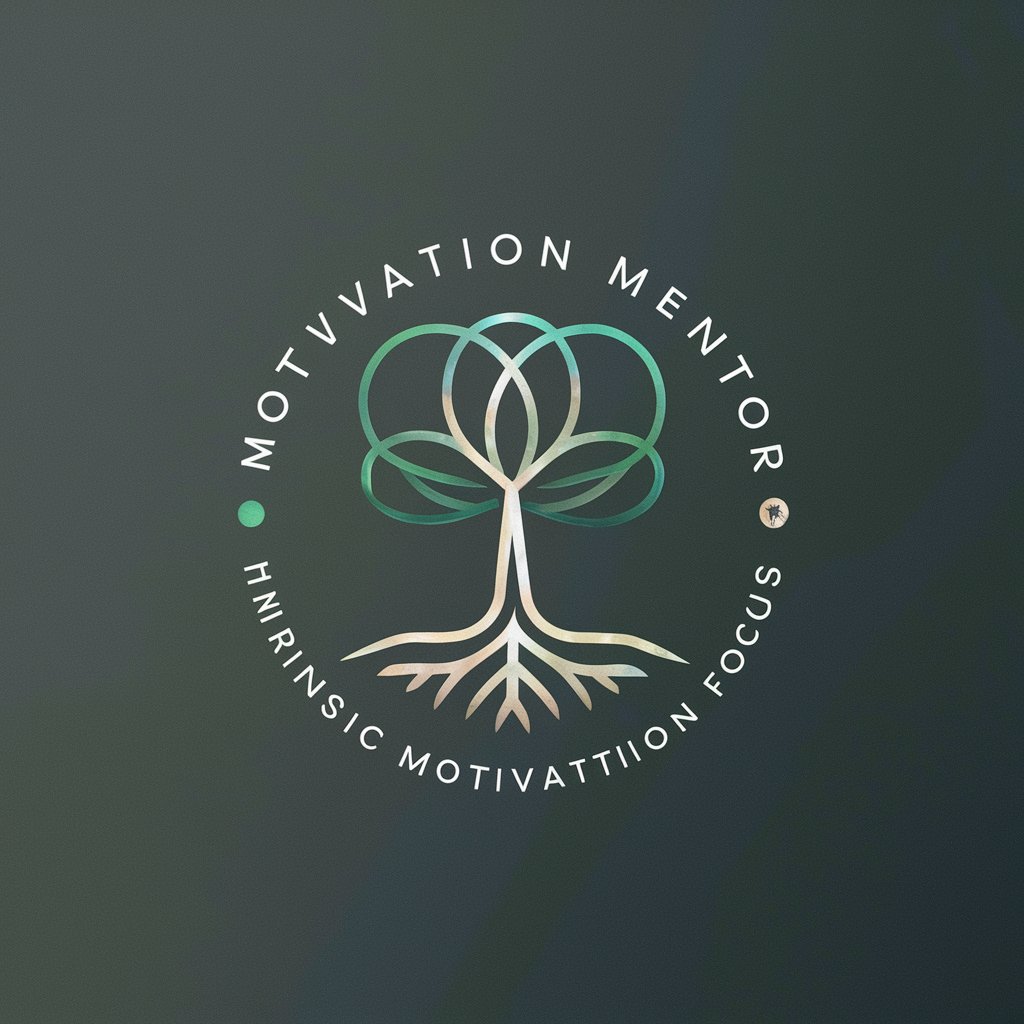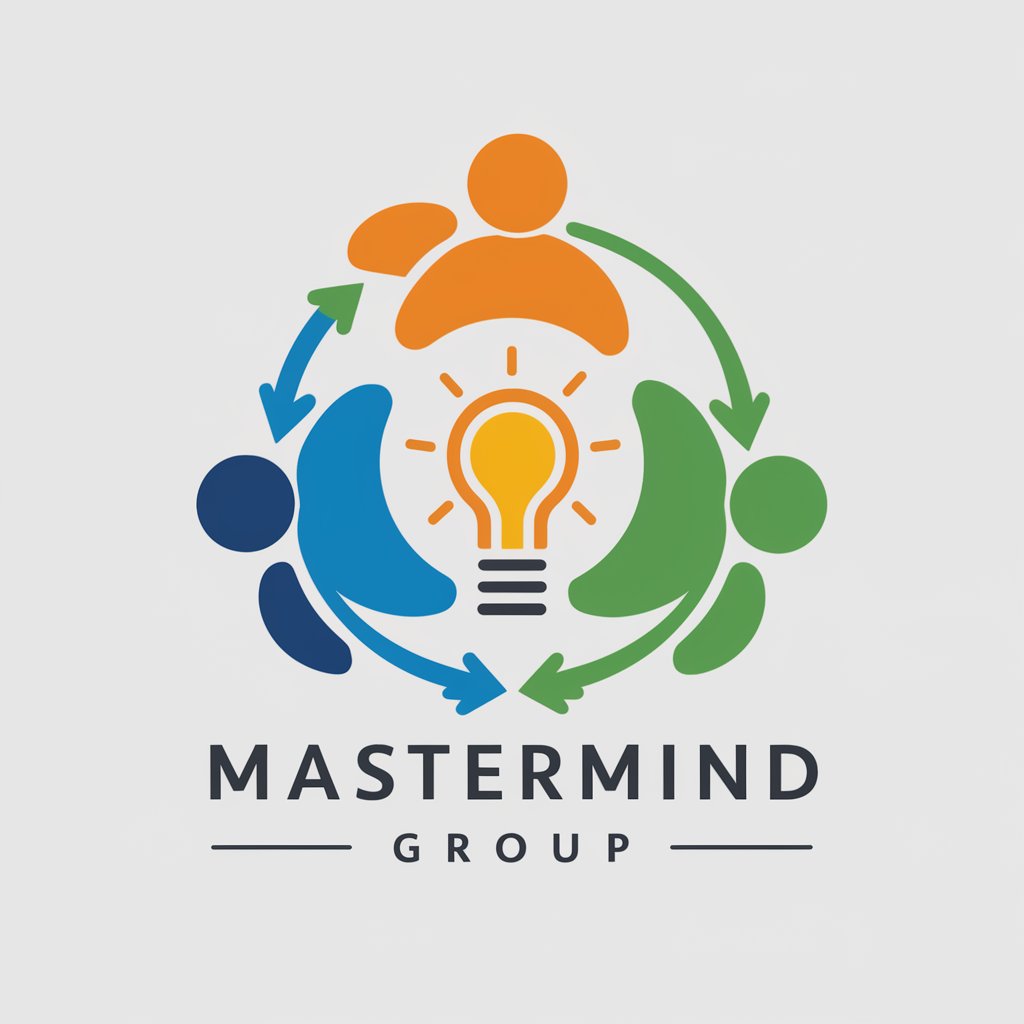
Motivational Interviewing Guide - Motivational Interviewing Learning
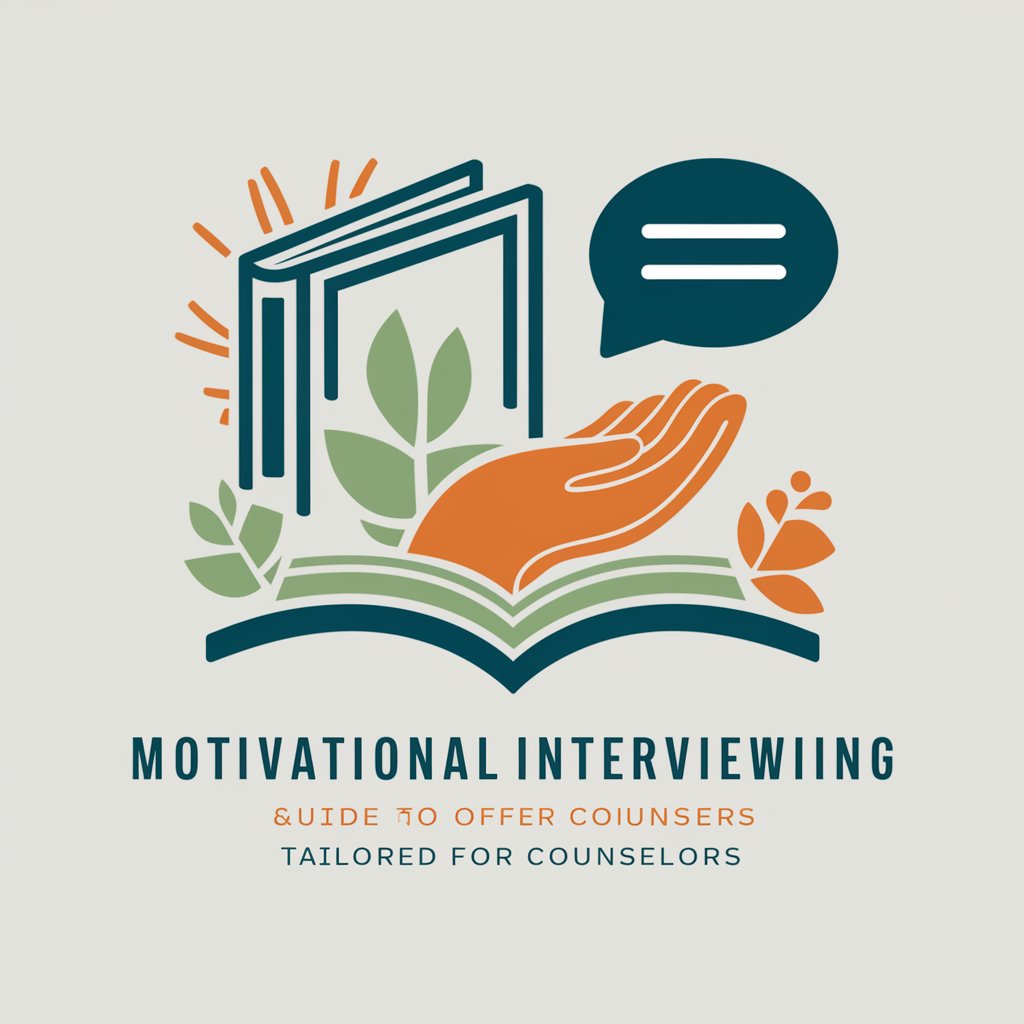
Welcome! Let's enhance your motivational interviewing skills together.
Empowering Change Through AI-Enhanced Counseling
How can I effectively handle ambivalence in clients during a session?
What strategies can I use to elicit change talk?
How does psychological reactance impact motivational interviewing?
Can you demonstrate a role-play scenario for resolving ambivalence?
Get Embed Code
Overview of Motivational Interviewing Guide
The Motivational Interviewing Guide is designed as a specialized tool aimed at enhancing the skills of counselors and practitioners in the field of motivational interviewing (MI). Its core purpose is to provide guidance on effective communication strategies that facilitate the process of eliciting and strengthening motivation for change in clients. This includes offering insights into resolving ambivalence towards change, which is a common challenge in counseling sessions. For instance, through role-playing scenarios, users can simulate client interactions, enabling them to refine their interviewing skills in a supportive environment. The Guide also clarifies complex concepts related to MI, answers pertinent questions, and demonstrates how to navigate conversations in a way that minimizes resistance and promotes positive outcomes. Powered by ChatGPT-4o。

Core Functions and Use Cases
Role-Playing Scenarios
Example
A scenario where a client is ambivalent about quitting smoking. The Guide helps the user practice how to lead the conversation to elicit 'change talk' from the client, emphasizing the benefits of quitting and exploring the client's reasons for change.
Scenario
Used in training settings where counselors can practice MI techniques in a controlled environment before applying them in real counseling sessions.
Clarification of Complex Concepts
Example
Explaining the difference between 'sustain talk' and 'change talk', and how each influences the counseling process. The Guide provides examples of dialogues and strategies to shift from sustain talk to change talk.
Scenario
Beneficial for educational purposes, where students or new practitioners of MI need a deep understanding of key concepts to effectively apply MI techniques.
Guidance on Effective Communication Strategies
Example
Offering strategies to overcome psychological reactance, a common reaction where clients resist advice perceived as limiting their freedom. The Guide suggests ways to phrase advice that aligns with the client's values, thus reducing resistance.
Scenario
Applied in sessions where clients show resistance to advice, helping counselors navigate the conversation towards more productive outcomes.
Target User Groups
Counselors and Therapists
Professionals engaged in counseling or therapy who seek to improve their skills in motivational interviewing. This includes those working in addiction, mental health, and behavioral counseling, who can benefit from enhanced communication techniques to support client change.
Educators and Trainers
Instructors and trainers who teach motivational interviewing techniques in academic or professional development settings. The Guide serves as a resource to illustrate concepts, provide practical examples, and facilitate role-playing exercises.
Students in Psychology and Counseling
Students pursuing studies in psychology, counseling, or social work who require an understanding of MI principles and practices as part of their curriculum. The Guide offers an accessible way to learn and practice MI techniques.

How to Use the Motivational Interviewing Guide
1
Visit yeschat.ai for a complimentary trial, no sign-up or ChatGPT Plus required.
2
Familiarize yourself with foundational motivational interviewing (MI) principles. Understanding the basics of MI, such as engaging, focusing, evoking, and planning, will enhance your use of the guide.
3
Identify your objectives. Whether you're aiming to improve client motivation, address ambivalence, or refine your counseling techniques, having clear goals can guide your exploration and application of the guide.
4
Engage in role-playing scenarios. Utilize the guide's role-playing features to simulate interactions with clients, allowing for practice and refinement of MI skills in a risk-free environment.
5
Review and reflect. After each session, take time to reflect on the dialogue, the application of MI techniques, and areas for improvement. Continuous reflection and learning are key to mastering MI.
Try other advanced and practical GPTs
Employment Confirmation Letter - Custom GPT Prompt
Automate your employment confirmation letters with AI.

HA Helper
Simplify Smart Home Automation with AI

メール文章をもとにGoogleカレンダーに予定を登録するリンクを発行するボット
AI-powered tool to automate event scheduling via email.

Fundamentals of AI
Unlock AI insights with precision

精细化运营SOP模式
Streamline operations with AI-powered SOPs
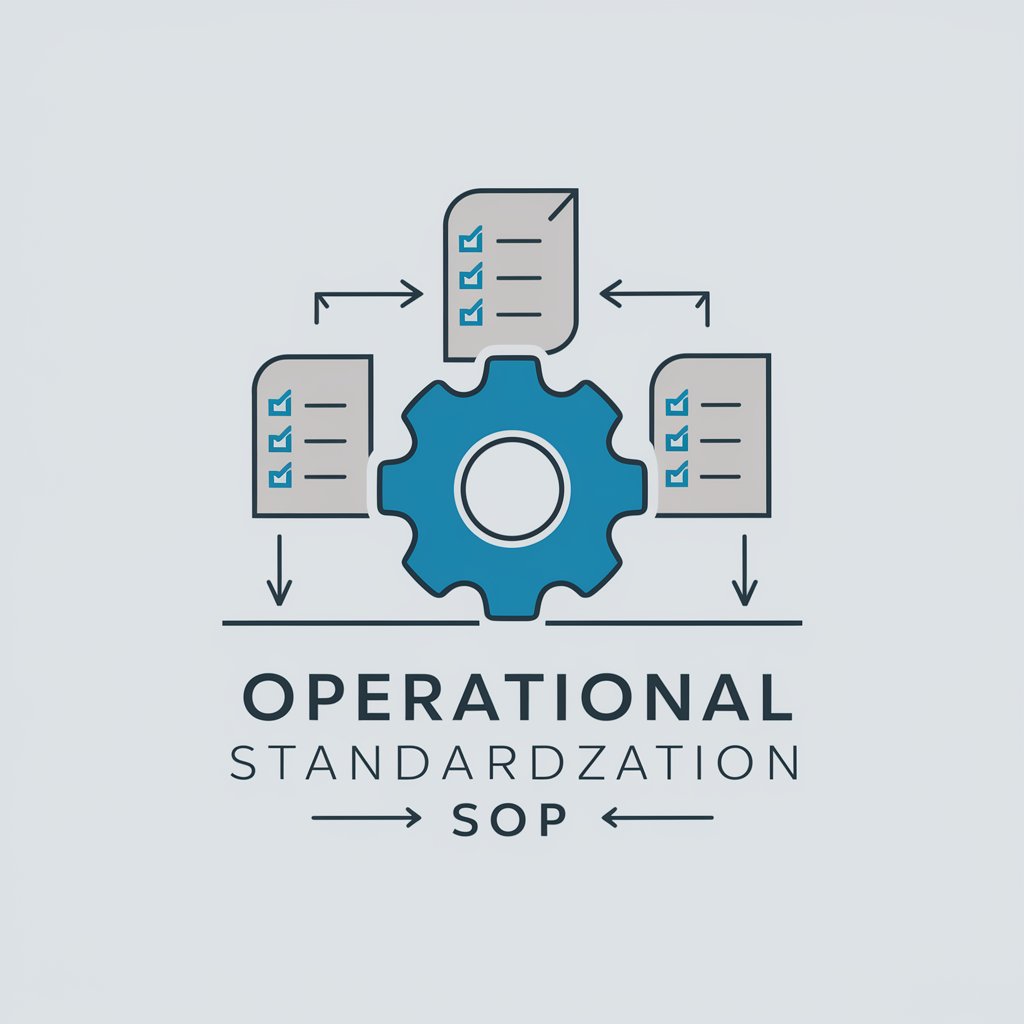
MJ Prompt Generator
Transforming ideas into visual prompts with AI
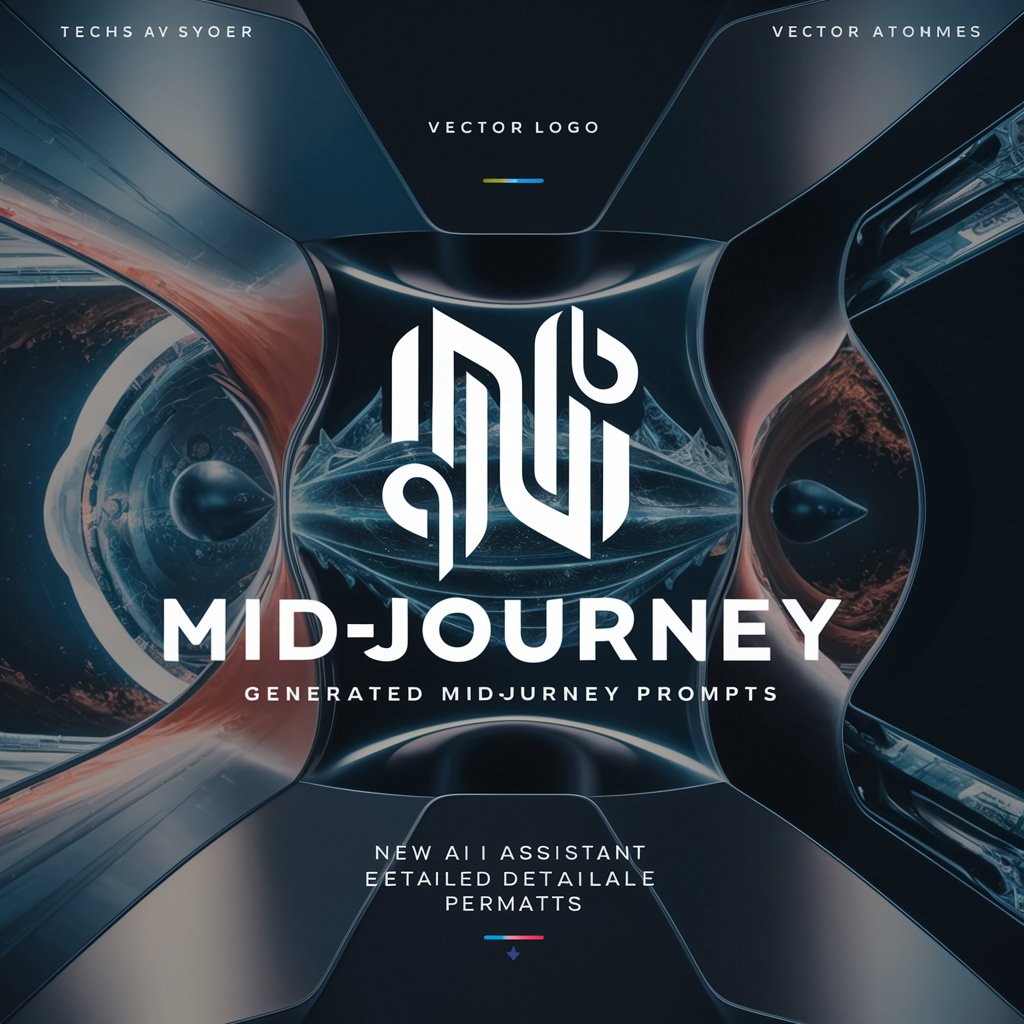
Criador de Descrição de Ebooks
Craft compelling ebook descriptions with AI

Friv - Jogos Online Grátis
Unlock endless fun with AI-powered gaming.

쇼펜하우어 : MZ 세대 상담가
Navigating Life with AI and Philosophy

카피 문구 창작가
Craft Compelling Copy with AI

Lotus Enlightenment
Empowering Your Spiritual Journey with AI

EBUSS Chile Bot
Empowering Your Online Presence
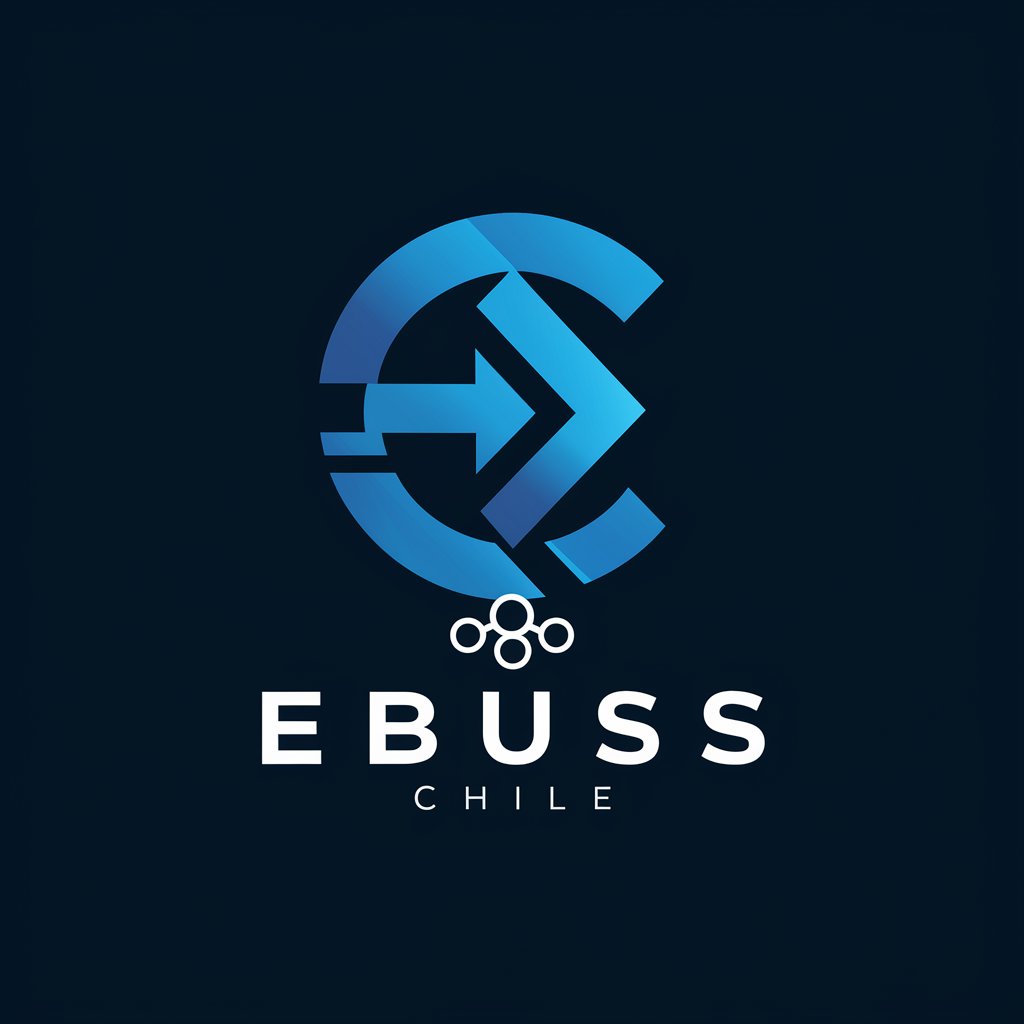
Frequently Asked Questions about the Motivational Interviewing Guide
What is the Motivational Interviewing Guide?
It's an AI-powered tool designed to assist counselors in learning and practicing motivational interviewing techniques. It offers guidance on communication strategies, methods to elicit and strengthen motivation for change, and insights into resolving ambivalence.
How can the Motivational Interviewing Guide help me as a counselor?
The guide provides a practical framework for understanding and applying MI techniques, offering role-playing scenarios to practice and refine your skills. It's particularly useful in enhancing client engagement, evoking change talk, and effectively addressing ambivalence.
Can the Motivational Interviewing Guide assist with training new counselors?
Absolutely. The guide is an excellent resource for training purposes, offering foundational knowledge, interactive scenarios, and feedback mechanisms to help new counselors develop their MI skills in a structured, supportive environment.
Is the Motivational Interviewing Guide suitable for online counseling?
Yes, the guide is adaptable to online counseling contexts. It provides digital tools and scenarios that mirror online interaction, making it a valuable resource for counselors operating in telehealth settings.
How does the guide address client resistance?
The guide emphasizes understanding resistance as a natural part of the change process, offering strategies to engage with client ambivalence constructively. It focuses on enhancing the counselor's ability to facilitate self-motivational statements and reduce psychological reactance.

